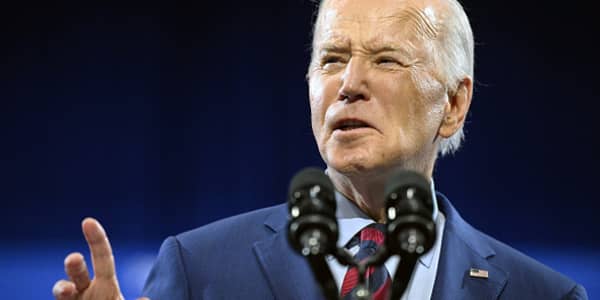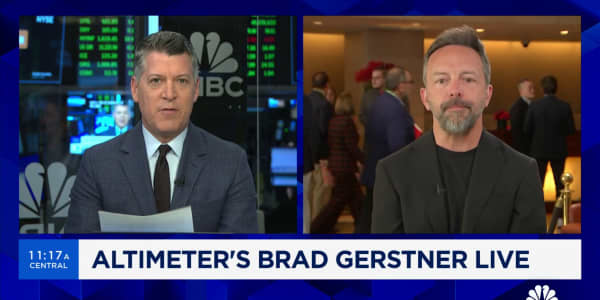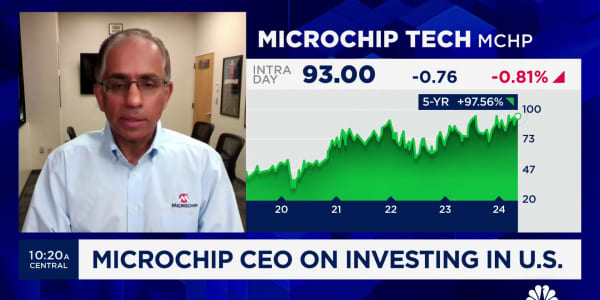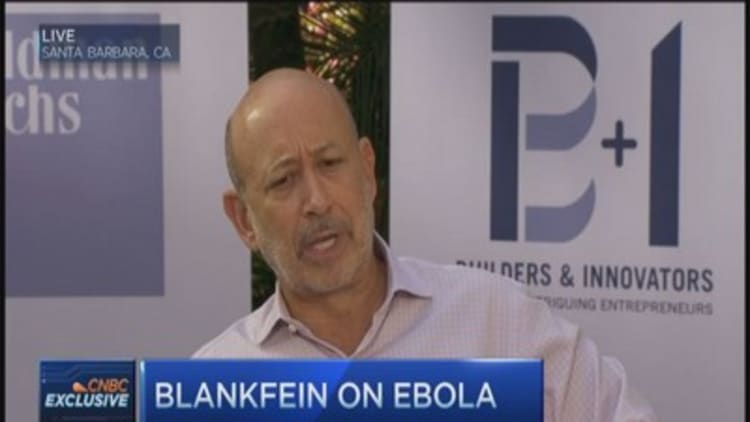
Rising public fear over Ebola poses potential obstacles to the global economy, with the worst-case impact along the lines of the 9/11 terror attacks and the 2003 SARS outbreak, according to a Goldman Sachs analysis.
While the likelihood for "direct disruptions to the global supply chain," are "likely to be limited," Goldman economist Kris Dawsey said in a report that transportation and global shopping hubs could take a hit should concerns over the virus escalate:
News about the spread of the Ebola virus has been an increasing focus for market participants in recent days. Despite rising media coverage, Ebola seems to have had little discernible effect on consumer sentiment to date. However, the "fear factor" associated with Ebola appears more significant than in past instances of pandemic concern, in our view.
Dawsey said that despite extensive Ebola media coverage, there's been "no discernible effect" on consumer sentiment as gauged by various measures such as the Rasmussen and the daily Gallup index. The University of Michigan's widely followed index will be released Friday.
However, as the disease hits closer to home in the U.S., that could change:
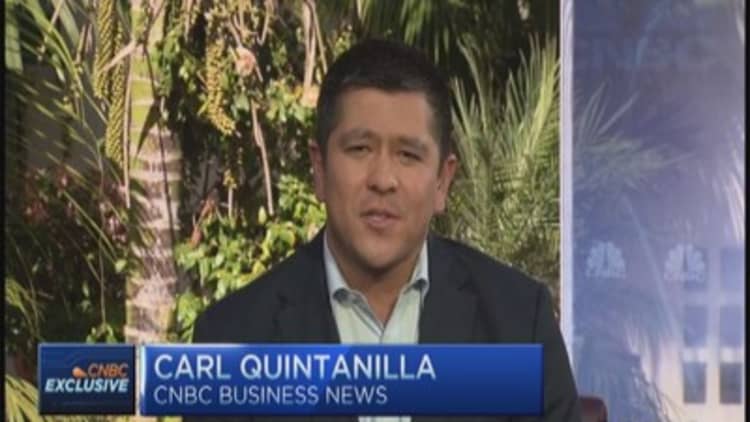
A recent Gallup poll revealed that 22 percent of Americans worried about personally contracting the disease. This is similar to the percent of respondents who worried about contracting the swine flu virus in 2009, even though the number of confirmed cases of swine flu in the US was orders of magnitude higher at that time.
Read MoreObamamay appoint an Ebola overseer NYT
In what Dawsey described as "downside" and "tail-risk" scenarios, the Sept. 11, 2001, terror attacks and the SARS outbreak provide instructive examples.
On 9/11:
In the aftermath of the attacks, demand for air travel temporarily dried up, while some people reportedly preferred to avoid crowded public places such as subway stations, shopping malls, etc. At the time, concerns were further exacerbated by limited-scale anthrax attacks unrelated to the September 11th attacks themselves. If the Ebola situation was to worsen much more than expected, it is possible to imagine that a similar atmosphere of fear could arise. In terms of broader macroeconomic effects, Roberts (2009) estimates the drag on GDP growth from the September 11 attacks at roughly 0.5 percentage point for the year 2001. Some of this drag was certainly due to direct destruction of factors of production, and as such we would view this as an upper-bound on the drag from fear/risk-aversion effects.
SARS may be even a better example, as Dawsey cites World Bank figures showing that shopping centers in Lagos, Nigeria, which has had 19 Ebola cases, have reported sales down 20 percent to 40 percent, "an even larger decline than that seen in Hong Kong during the SARS outbreak."
Read MoreTexanisolated on cruise over possible Ebola contact
In the Ebola case, the major damage areas have been in Liberia, Sierra Leone and Guinea, a region that has iron ore as its biggest export. However, that only comes to about 3 percent of the global seaborne market supply:
As such, we see limited direct effects on the global supply chain at this point. The potential for Ebola-related fears to more broadly disrupt global air or sea travel of course remains a concern.




